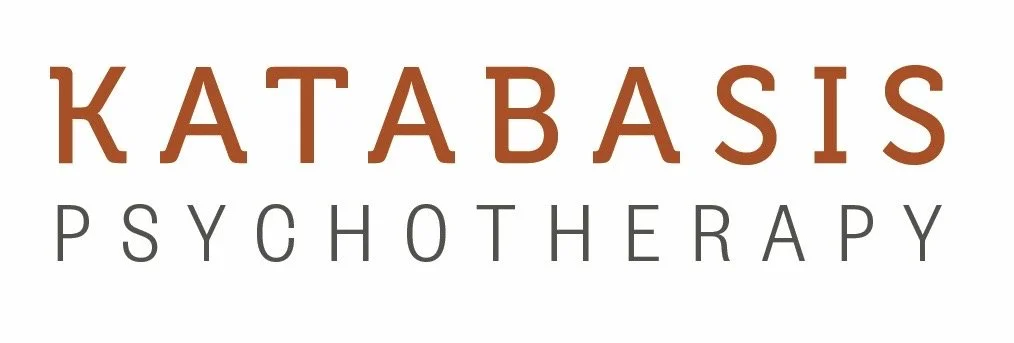What Is Therapy For?
People often ask what I actually do as a psychotherapist. The honest answer is: I help people think and feel more deeply about their lives. Not to hand out advice or offer quick fixes — but to create a space where you can begin to hear yourself more clearly.
That might sound simple, but in a world that’s constantly speeding up — full of noise and pressure to “be better” — it can be surprisingly hard to know what we really feel, want, or need. Therapy offers a pause. A place to reflect, feel, and untangle.
A friend messaged me recently after a catch-up: “Thanks for the chat today, it felt reassuring 🥰 (How much do I owe you?! 🫣😝😂)” — and it made me smile, because it happens a lot. At gatherings, dinners, or late-night chats, I often find myself — sometimes against my better judgment — stepping into therapist mode. People open up. They share things they haven’t said out loud before. Not because I’m offering solutions, but because they feel safe to say something true.
In therapy, we take that same instinct — the need to speak, to feel heard — and build on it with time and care. It’s not about diagnosis or being analysed. It’s about exploring your story, including the parts that are hard to say or make sense of. Some people come to work through a crisis; others want to understand why the same patterns keep playing out — in relationships, at work, or in the way they talk to themselves.
My training is in psychodynamic therapy, which means I pay close attention to how past experiences shape the present. But I don’t flood sessions with theory. I’m more interested in the experience between us. I do carry certain ideas, though — like Winnicott’s notion of the “good enough” parent. He suggested that getting it right 30% of the time is plenty. Perfection isn’t just impossible — it’s not even desirable. That’s something I return to often in and out of the therapy room.
Many of the people I work with are reflective, responsible, and outwardly functioning — yet feel like something’s not quite landing. Therapy doesn’t promise instant clarity, but over time it can help you feel more at home in your own skin. More connected. Less stuck.
Sessions are weekly, in the same place, at the same time. A steady space to be curious, confused, honest, or unsure. You don’t need to have it all figured out. You just need a willingness to begin.
